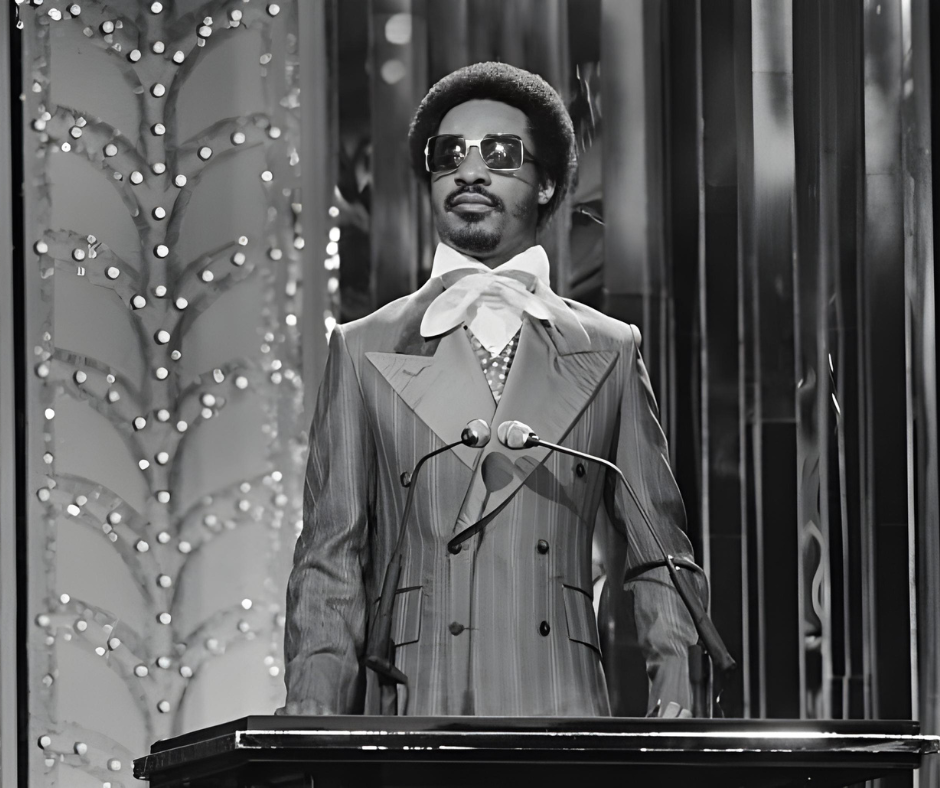About the Song
Background
- Original Composition: The song was written by Ron Miller and Orlando Murden in 1965. It started as a slower ballad and went through several early recordings by artists like Jean DuShon and Tony Bennett.
- Stevie Wonder’s Transformation: Wonder’s 1967 rendition transformed the song into the uptempo, energetic soul classic we know and love. Producers Henry Cosby and Wonder infused it with a joyous, celebratory energy.
- Success: The Stevie Wonder version reached the top three on both the US and UK charts in 1968/1969. It’s been covered countless times over the years.
Themes
- Overcoming Loneliness and Heartache: The song tackles experiences of feeling lost, longing for love, and enduring heartbreak.
- Finding Unexpected Joy: At its core, the song is about a profound turnaround in the singer’s life. They find love, joy, and a reason to celebrate where there was once despair.
- Optimism and Hope: Despite past pain, there’s an underlying feeling of hope for the future and the belief that happiness is possible.
Lyrics
Here’s a breakdown of some key lyrical moments:
-
Opening lines: “For once in my life, I have someone who needs me / Someone I’ve needed so long”
These lines immediately set the stage for a change in the singer’s experience – they’ve found a love that fulfills a deep need.
-
Contrasting Past and Present: “For once, I can touch what my eyes cannot see”
This suggests a past of searching and disappointment, compared to the present where the singer experiences something tangible and real.
-
Declarations of Joy: “For once in my life/ I won’t let sorrow hurt me / Not like it’s hurt me before”
These lines express the singer’s newfound determination to embrace happiness, leaving pain behind.
Why It Resonates
“For Once In My Life” continues to speak to people for a few vital reasons:
- Relatable Emotions: Experiences of loneliness, heartbreak, and the search for love are common. The song’s themes resonate widely because they’re part of the human experience.
- Infectious Energy: The uptempo soul backing, the horns, and Stevie Wonder’s passionate vocals make it almost impossible to listen without feeling a bit of joy and uplift.
- Unwavering Hope: Although it touches on past sadness, the song’s primary focus is the transformative power of love and finding happiness. This message is universally appealing.
